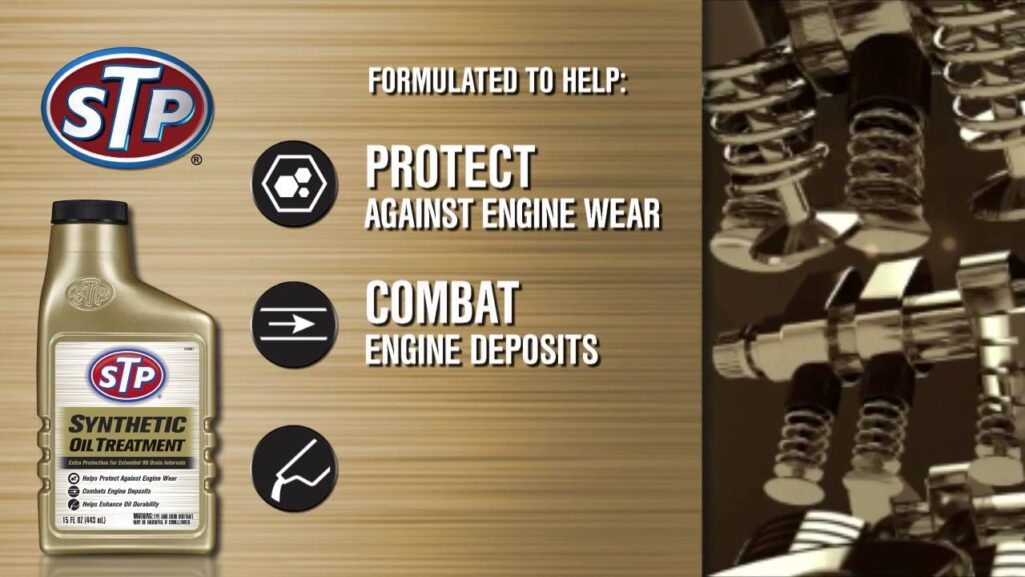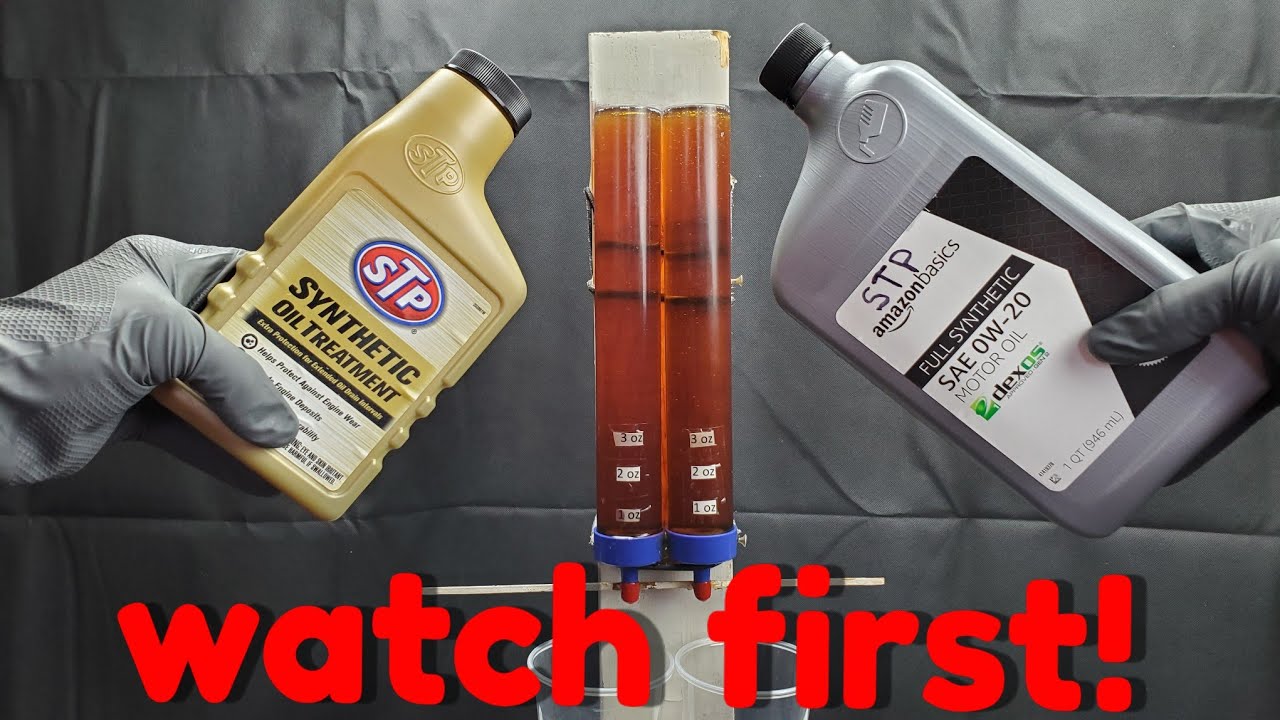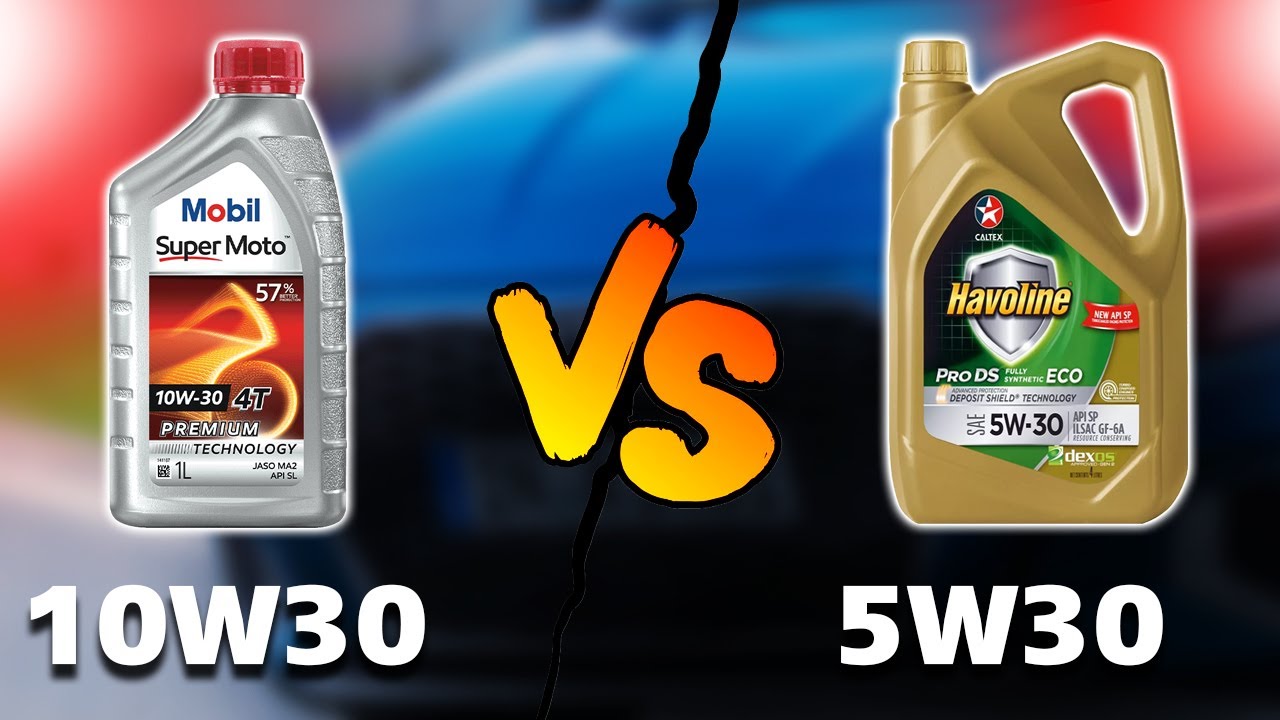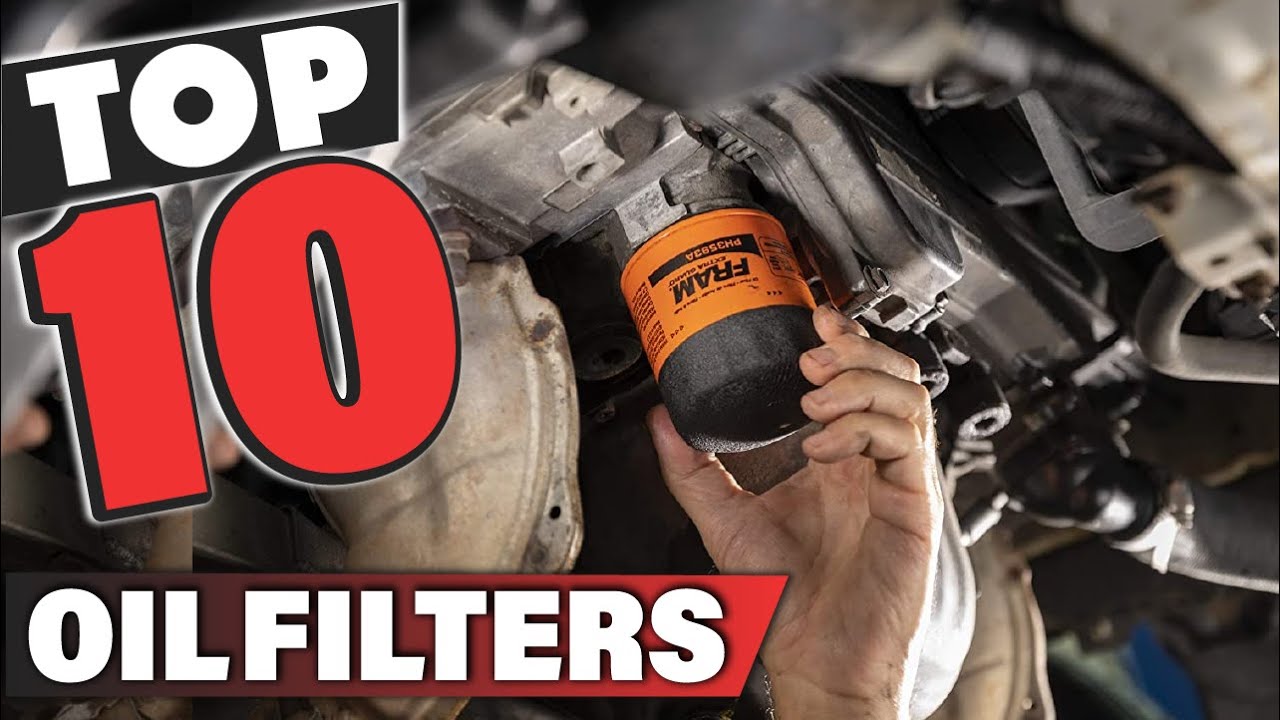When it comes to automobile maintenance, STP oil, short for Scientifically Treated Petroleum, is a popular option. It is designed to improve the engine’s performance, prevent wear and tear, and reduce the quantity of fuel consumed. The STP Oil Additive is a concentrated formula containing a mixture of lubricants and additives specifically formulated to help improve engine performance and extend the life of the engine oil.
However, does your vehicle truly benefit from using STP oil? There are a lot of myths found on the internet which does not accurately portray the benefits of using STP oils in your vehicle.
In this post, we will examine the advantages and disadvantages of STP motor oil and other important facts you need to know when choosing if STP oil is a good choice for your vehicle. Please stick with us as we go on a fun adventure to help you decide whether STP oil is good for your car’s engine.
The Pros of Using STP Oil
Being a popular choice amongst various car enthusiasts, we will highlight some of the reasons why STP oil additives have become a phenomenon.
Enhanced Engine Performance
Enhanced engine performance is one of STP oil’s most significant advantages. STP motor oil is designed to reduce engine friction and heat, resulting in a more efficient performance. This is achieved through the use of specialized additives and a unique formulation that is tailored to provide maximum protection for your engine.
This reduction in friction and increase in the efficiency of the engine is especially useful for older vehicles, whose engines are more susceptible to experiencing issues.

Engine Protection
Friction leads to the heating up of engine components. Hence using STP oil additives to aid lubrication and reduce friction can significantly protect your engine from overheating. STP oil has the ability to protect your car engine against wear and tear. The increased lubrication provided by STP oil reduces the risk of damage caused by friction and heat. This may save you money in the long run by reducing the number of costly repairs necessary.
The STP Oil Additive also contains rust and corrosion inhibitors which help to protect the engine from rust and corrosion. This is especially important in areas with harsh climates or road conditions. It also contains special additives that help remove and prevent sludge build-up in the engine. Sludge build-up can cause damage to engine parts and reduce performance, so it is essential to keep it under control.
Improved Fuel Economy
In addition, using STP oil is reported to improve fuel economy. Those who spend a lot of time driving or have extended trips will benefit from this oil. The reduced friction and heat within the engine allow for more efficient operation, resulting in better gas mileage.
Removal Of Soot
Soot is a byproduct of combustion in engines. Its accumulation over time can lead to a range of issues, such as blocked injectors and spark plugs, piston deposits, and diminished engine efficiency. STP oil additives are designed to help treat and remove soot, limit piston deposits, and increase engine efficiency.
This can improve the engine’s overall performance and help ensure that fuel is supplied per standards, potentially leading to the more sustainable operation of the vehicle.
STP Oil Is Cost Effective
STP oil is typically seen as a cost-effective alternative to other types of oil. This is particularly true when we look at the long-term benefits you would get by using STP oil. Compared to other products, STP oil can be pretty much expensive. However, when you take a look at the above-listed special advantages, you will find out that using STP oil will save you money on other minor repairs in the long run.
The Cons Of Using STP Oil
Although there are several benefits to using STP oil, there are also a few potential drawbacks that should be considered. Some of them include the following:
Lack Of Compatibility
Compatibility is an issue linked with STP oil. There is a risk that it will not operate with diesel engines and other types of engines. Another potential issue is that the additives in STP Oil Additive may not be compatible with all types of engine oils. If you use an oil that is not compatible with the additives in STP Oil Additive, it can cause damage to your engine.
Modern automobile engines may not also be compatible with STP oil. Synthetic oils may be a superior alternative to the more modern, technologically advanced engines seen in many contemporary cars.
Experts Debate On The Effectiveness Of STP Oil When Compared To Synthetic Oil
Some industry professionals feel STP oil may not be as effective as synthetic oils. Synthetic oils have been projected to provide superior lubrication and protection. Hence, some experts feel that STP oil will not attain the same level of performance.
Excessive Exhaust Fumes

Some users have complained that using STP oil additives has resulted in increased exhaust fume emissions. This might be due to the additives present in oils.
STP Oil May Cause Clogging
Some drivers tend to abuse the use of STP oils. Overusing STP Oil Additive can cause a build-up of the engine’s additives, leading to clogged oil passages and reduced engine performance. This is why it’s important to follow the manufacturer’s instructions for the recommended amount of STP Oil Additive to use and not to overuse it.
Factors to Consider when Choosing STP Oil
Before deciding whether or not to use STP oil, a number of things should be considered.
Vehicle Age and Make
The age and make of your vehicle are important factors to consider. If you have an older vehicle, STP oil may be a good choice to help improve engine performance and prolong the life of your engine. All vehicles come with a manufacturer’s instruction manual, which should be consulted before using STP oils.
Type Of Engine
The type of engine in your car is an additional significant factor to consider. As previously mentioned, STP oil may not be compatible with some engine types, such as diesel engines. High-performance vehicles are likely to not be compatible because of the type of engine they have. It is recommended you review the manufacturer’s recommendations for your specific vehicle.
Driving Habits
Your driving circumstances and habits are important points to take into consideration. Long-distance drivers and those with long commutes may benefit from the increased fuel economy given by STP motor oils. However, greater fuel economy may not be noticed if you routinely drive shorter distances.
Personal Preferences
Personal preferences and budgetary limits are other important factors to consider. If you like working with synthetic lubricants, then STP oil is definitely not the best option for you. In addition, if you have a restricted budget, you may discover that purchasing STP oil is the most cost-effective option.
Conclusion
STP oil is a popular choice for vehicle maintenance and promises improved engine performance, protection against wear and tear, and improved fuel efficiency. However, there are also some potential downsides to consider, such as compatibility issues and lack of effectiveness compared to synthetic oils.
When deciding whether or not to use STP oil, you should consider the age and make of your vehicle, the type of engine, your driving conditions and habits, and your personal preference and budget. It is always recommended that you check the manufacturer’s recommendations for your specific vehicle and consult with a qualified mechanic before making a decision.
Frequently Asked Questions
Is STP oil good for your engine?
STP oil decreases friction and reduces heat in your engine. This increases the efficiency of your engine and ensures your vehicle runs in optimum conditions. Hence, STP oil is good for your engine.
What is STP good for?
Scientifically Treated Petroleum (STP) is used for engine lubrication and well as soot removal from engine components. It improves fuel economy, fuel efficiency, and the overall smooth running of your car engine.
What does STP stand for?
STP stands for Scientifically Treated Petroleum. They are additives that can improve the efficiency and performance of your vehicle.





